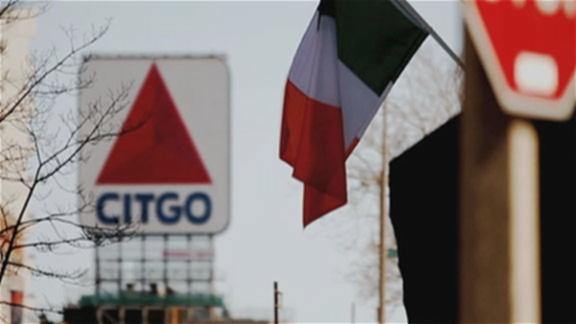Giving While Receiving
 The major element that defines a city is the people who inhabit it because the diverse people and cultures tie the city together and make the city unique. In Austin Texas, it’s all about being lay back and helping one another to better the community. The people are from different places all over the world. Many Mexican immigrants come to Austin for a better life. Being in a foreign country and learning a new language is very difficult and close to impossible with no help, but thanks to programs like Any Baby Can (ABC) Austinites show off their true colors improving the community by helping immigrants with math, reading and writing, in both spanish and english, for elementary through high school levels.
The major element that defines a city is the people who inhabit it because the diverse people and cultures tie the city together and make the city unique. In Austin Texas, it’s all about being lay back and helping one another to better the community. The people are from different places all over the world. Many Mexican immigrants come to Austin for a better life. Being in a foreign country and learning a new language is very difficult and close to impossible with no help, but thanks to programs like Any Baby Can (ABC) Austinites show off their true colors improving the community by helping immigrants with math, reading and writing, in both spanish and english, for elementary through high school levels.  These Austin volunteers come from all over , such as, St. Stephen’s and St. Andrew’s students all the way to UT’s Spanish Society. The volunteers are connected to the community and are determined to improve it. Not only does ABC have a literacy program, but they have programs such as: parenting education program, nurse family partnership program, healthy and fair start program, and the childhood cancer program. All of ABC’s programs are made to help and better families all over Austin.
These Austin volunteers come from all over , such as, St. Stephen’s and St. Andrew’s students all the way to UT’s Spanish Society. The volunteers are connected to the community and are determined to improve it. Not only does ABC have a literacy program, but they have programs such as: parenting education program, nurse family partnership program, healthy and fair start program, and the childhood cancer program. All of ABC’s programs are made to help and better families all over Austin.
The difference volunteers make in people’s lives connects them more to the community and are an inspiration to others. When I first came to America, I was lucky enough to have teachers and friends that devoted their time teaching me english. They were an inspiration for me to help immigrants at ABC. In The Arrival by Shaun Tan, the foreigner coming to the unknown seems lost and confused just like people who go to ABC. But by the end of the novel, the foreigners daughter sees a young lady with a suitcase which seems lost. The little girl understands what the young lady is going through and helps her find her way around, just how people in Austin do. Volunteering and improving the community has become a part of Austin’s culture.











